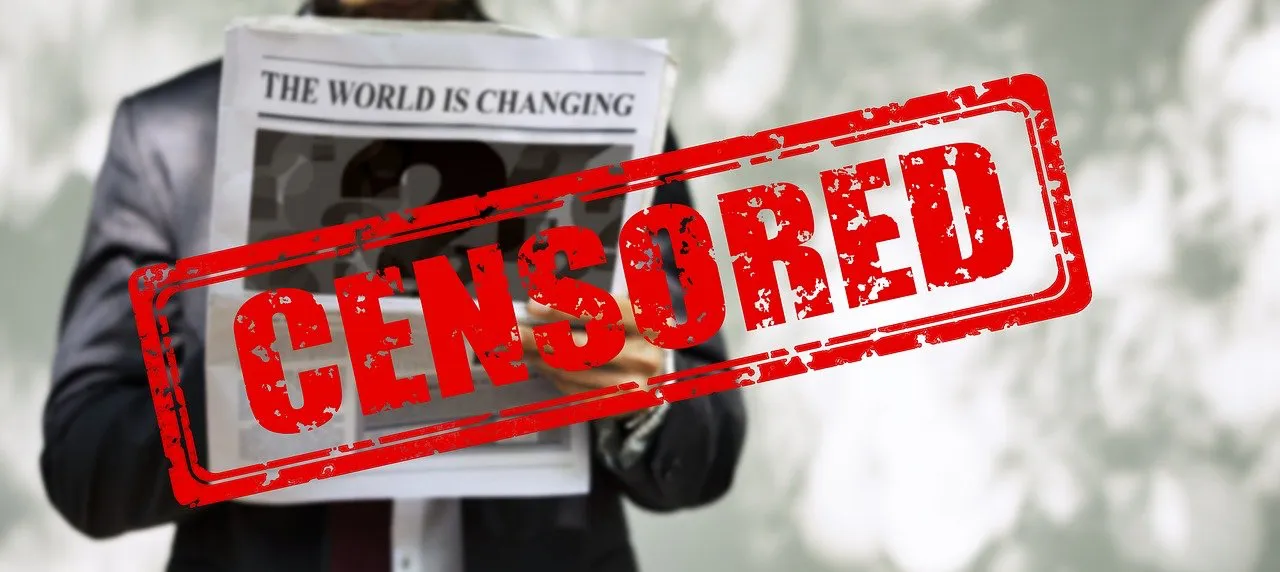
The internet enabled free and open communication like never before. This open communication has enabled millions of people to break free from the controlled narratives propagated by TV and newspapers. The truth was made available to more people than ever before if they were motivated enough to seek it out.
When the internet was young people shared information by email, messages boards, and self hosted websites. There were no search engines and people had to discover content by following curated directories. As the internet has matured we were given powerful services like Google that helped us find content and then social media evolved which made it trivial for anyone to post and share. The easier things became the more dependent we became on large technology companies.
We are now facing a world where companies like Apple, Amazon, and Google are denying service to communities which share information and opinions that run counter to the prevailing narrative. The goal of this is to recapture control over the narrative. This goes far beyond censoring what people post on a companies own platform to denying others the ability to create their own alternative platforms.
We are living in a world where everything from payment providers, to domain name registrars, to hosting providers are being weaponized against people attempting to understand the world by sharing information. All of this is done “in the name of protecting people”. Apparently people are so weak-minded that they are easily led astray and manipulated by “false” information. This so called “false” information is a danger to society! People might revolt against the status quo and demand something “bad for us all”.
I find this reasoning fascinating. If people are so easily manipulated by “false” information, how easy it must be to manipulate the masses if you can control all information they are allowed to see? Whoever has this power to declare things “true” or “false” can use it create their own revolution that is “bad for us all”. In a war of words, censorship is an attempt to disarm your opponents.
What happens if the “wrong people” gain the power of censorship? God forbid Trump supporters gain control of Apple, Facebook, Twitter, and Google. They might start censoring information about the virtues of communism and firing anyone who believes there are more than two genders. Information about the safety and effectiveness of vaccines might be hard to come by! Mostly peaceful protests might be framed as a violent coup against democracy, law, and order.
Most of today’s censorship is not being carried out by official government agencies, but by private powers behind the scenes which control government by controlling what people are allowed to read, watch, and share. This will not last, eventually this “soft” power will be enshrined in law.
Our only option is to remove our dependency on the infrastructure of the internet technology giants. This means creating a social media network that does not depend upon app stores, cloud hosting, and domain names. This will take us back to the 1990’s in terms of infrastructure, but it is our only hope.
This means that services like hive.blog or steemit.com are at risk even if the underlying blockchains are able to survive. Platforms like voice.com are at even greater risk until they decentralize their infrastructure.
If we want to create a platform that enables all ideas to be presented and discussed then it will probably need to look more like ZeroNet.io. The key design consideration is that the users must provide the hosting of the data with IPFS/BitTorrent style data sharing. Federated systems such as mastodon.social may be a good middle ground; however, even mastodon comes under pressure to expel entire communities and is ultimately dependent upon hosting providers.
The ultimate may be a combination of federated ZeroNet-like services. Freedom loving information seekers will need to take on the responsibility of running nodes on their own computers.
